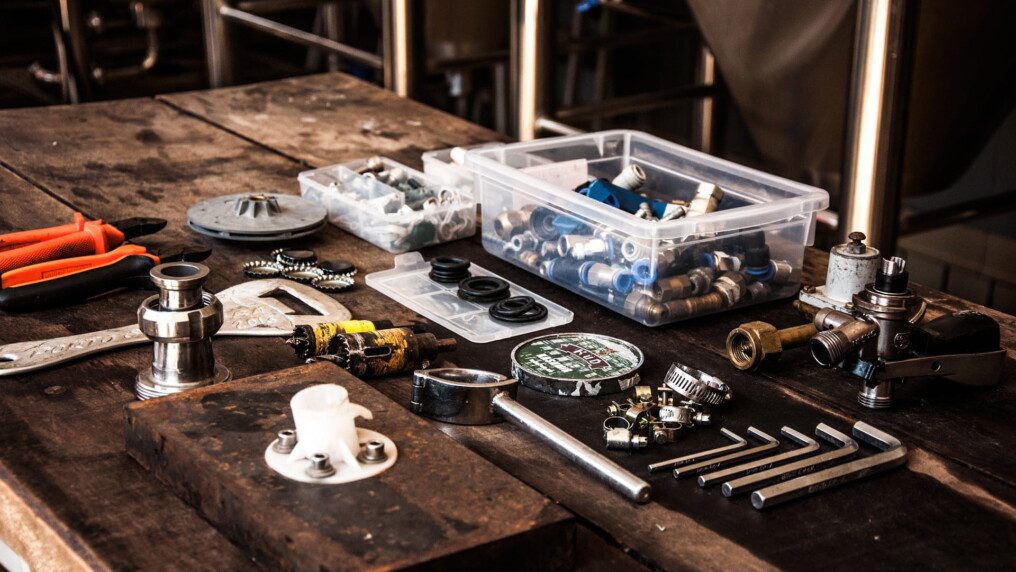
Plumbers and gas engineers are always in demand, and starting a trade business is always an excellent opportunity. Being self-employed will not only open the door to greater financial freedom but also increase your professional satisfaction in knowing that you are doing something that you are passionate about. If you have experience working as a gas engineer or plumber for a company, you already have more or less the foundation of what a successful tradesman needs. Nevertheless, there are unique challenges to venturing out on your own, which is why this article aims to provide practical tips.
What you need to start a plumbing business:
To succeed in running a plumbing business, you need to ensure that you are hiring tradespeople with the right qualifications and skill set necessary for the job. Plumbers need at least a Level 2 or a Level 3 Diploma in domestic heating and plumbing. The basic skills required for the job are:
- Practical knowledge and the capability to follow practices for work safety
- Can read and interpret diagrams, plans, and technical drawings
- Basic skills with numbers
- Customer relations
Being able to work well with clients is one of the most crucial factors that will help in building the reputation of your business. You need to make sure that the tradesmen you hire have passed these minimum qualifications.
Essential requirements to start a plumbing business:
Starting a business begins with a plan. Before you strike out on your own, you need to have a clear outline of your goals and objectives. You also need to identify your chosen niche. For example, are you focusing on new builds only, or will you accept all service requests, including commercial projects? Once you have a clear and detailed plan, you can proceed with the following vital requirements:
- Legal aspects of running a business. The structure of your business has implications on how you pay taxes as well as other matters. It is always best to have a solicitor assist you and give you advice on how to register your business.
- Start-up capital. The initial cost of running a plumbing business goes beyond investing in equipment, tools, and employees. You also need to decide if renting an office is necessary, or you can manage by operating the business from home. Plumbing businesses today also make use of technology to speed up and streamline processes. For example, you can subscribe to gas engineer software which your plumbers can use to schedule jobs, and you can use to track and monitor their progress.
- Business insurance. Every business comes with risks. Clients find plumbing companies that have insurance as more reputable and reliable. You also need insurance to protect your business and your employees.
Lastly, you also need to invest in marketing. Coming up with a brand name as well as strategies to advertise your company will help cement company recognition. One of the best ways to ‘spread the word’ about your business is to create a website and to get active on social media platforms. Hopefully, with these tips, we are helping set you up for success in your plumbing business.
Read Also:




























